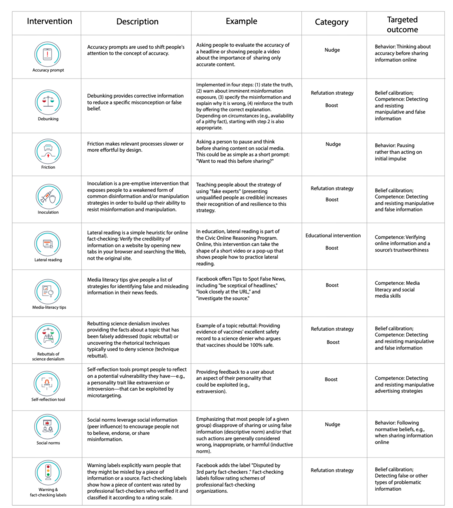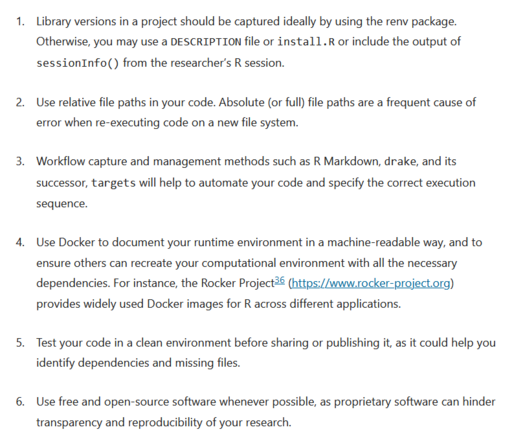| Pronouns | She/her/hers |
| Website | http://communityhealthinformatics.org/ |
| Google Scholar | https://scholar.google.com/citations?user=geIXBGYAAAAJ&hl=en&oi=ao |
| UMSI Profile | https://www.si.umich.edu/people/tiffany-veinot |
Tiffany Veinot, PhD, FACMI
- 245 Followers
- 650 Following
- 10 Posts
It would absolutely wonderful if news outlets hosted their own Mastodon instances.
A few news orgs that have done that:
@TexasObserver
@sfstandard
@TucsonSentinel
And several others that have created official Mastodon accounts on general instances:
@ProPublica
@texastribune
@damemagazine
@COTimesRecorder
@rferl
@msfreepress
@Chron
@themarkup
@sfchronicle
@sfgate
Not sure if this one is official:
@msnbc
If anyone knows of any others, please let me know.
Congratulations to my PhD student Alicia Williamson for their paper, "Uptake of and Engagement With an Online Sexual Health Intervention (HOPE eIntervention) Among African American Young Adults: Mixed Methods study" being selected as a best consumer health informatics paper of 2021 in the International Medical Informatics Yearbook: https://www.thieme-connect.com/products/ejournals/html/10.1055/s-0042-1742550.
Original paper here: https://www.jmir.org/2021/7/e22203/
A large-scale study on research code quality and execution - Scientific Data
This article presents a study on the quality and execution of research code from publicly-available replication datasets at the Harvard Dataverse repository. Research code is typically created by a group of scientists and published together with academic papers to facilitate research transparency and reproducibility. For this study, we define ten questions to address aspects impacting research reproducibility and reuse. First, we retrieve and analyze more than 2000 replication datasets with over 9000 unique R files published from 2010 to 2020. Second, we execute the code in a clean runtime environment to assess its ease of reuse. Common coding errors were identified, and some of them were solved with automatic code cleaning to aid code execution. We find that 74% of R files failed to complete without error in the initial execution, while 56% failed when code cleaning was applied, showing that many errors can be prevented with good coding practices. We also analyze the replication datasets from journals’ collections and discuss the impact of the journal policy strictness on the code re-execution rate. Finally, based on our results, we propose a set of recommendations for code dissemination aimed at researchers, journals, and repositories.
Biomedical #Informatics, #AIInMedicine, #DigitalHealth folks:
You are invited to add yourself to the Biomedical & #HealthInformatics Social Media Directory maintained by me:
https://sites.google.com/view/informaticsdirectory
Hopefully this will help us stay connected no matter what platform!
Please Boost!
#TwitterMigration #MastadonMigration #AMIAInformatics #BiomedicalInformatics #DataScience #AI
@healthinformatics
@informatics
#EHR #bioinformatics #compbio #clinicalinformatics #informatician #informaticist
https://www.bmj.com/content/379/bmj.o2872



